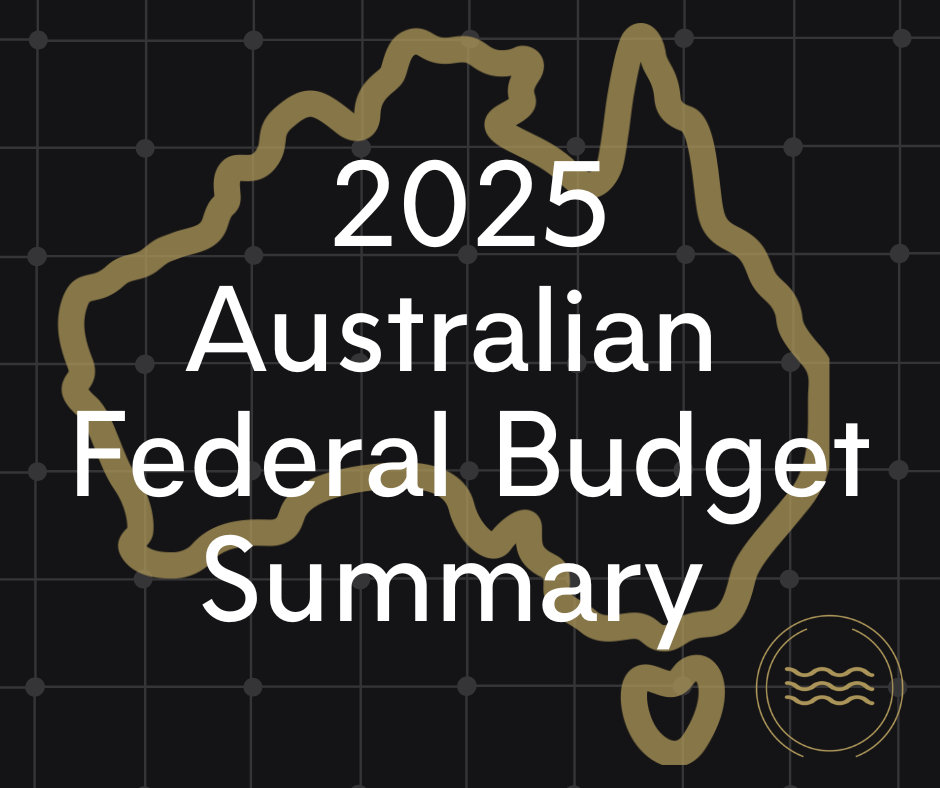
When I move to the U.S. when do I become a tax resident? Is my U.S. visa important?
Like many countries, United States tax law is complicated, especially for non-citizens who live and/or work in the country. Expats in the United States need to be aware of the regulations around taxation and seek expert advice to ensure that they limit their tax burden and mitigate double taxation risks.
The primary deciding factor on whether or not a person must pay US taxes is his or her residency status. The US government and the IRS (Internal Revenue Service) use one of two tests to determine a person’s residency status; the green card test and the substantial presence test. This ensures that the difference between people who travel in and out of the United States regularly for business purposes and those who spend significant time working here, either as a resident alien or for more than 183 days in a consecutive three-year period, is as clear as possible. Only resident aliens (also called lawful permanent residents or green card holders) and those who spend a specific amount of time living and working in the country are required to file US tax returns. Once you are a tax resident, it is important to note that you must report your worldwide earnings to the IRS, even though the US government may not tax all of your income. It is also possible that if you are paying taxes in your home country that those taxes will negate any taxes that might be collected by the IRS.
What are the tax resident tests?
The IRS uses two tests to determine an individual’s tax resident status, the green card test and the substantial presence test. The green card test is relatively straightforward while the substantial presence test applies to those who hold non-immigrant visas and spend significant time in the United States.
Green Card Test
When a person receives a green card, he or she is automatically considered a US resident from the year the green card is provided. This is the most obvious visa status that affects your tax responsibility. If you meet the green card test, but do not meet the substantial presence test in a given year, your residency begins on the day you are present as a Lawful Permanent Resident and your tax returns will reflect that date. While uncommon, this situation typically occurs during the year that you are awarded a green card and become a lawful permanent resident.
Substantial Presence Test
The sustainable presence test determines the tax residency status of people in the United States on non-immigrant visas by the amount of time that they spend in the country. To meet the requirements for this test, you must be present in the US for at least 31 days of the current year and at least 183 days in the three year period including the current year and the two preceding.
It is entirely possible that during the course of a year that you may be both resident and non-resident. This is common during years when people move into or out of the United States. When this occurs, your taxes may be filed based on the dates that you are present and resident in the United States.
How do I calculate how many days I’ve spent in the US for business?
Any day that you spend in the US counts towards your significant presence, however, some days are excluded. These exclusion days include:
- A regular commute to the US from Canada or Mexico
- Layovers of less than 24 hours while traveling
- Any time you spend in the country, unable to leave due to an illness or medical condition that precludes travel
If you are able to exclude days you must file IRS form 8843 to demonstrate that a tax return needn’t be filed for a particular year.
Why is my residency or visa status so important?
The United States does not just tax eligible US based income. Tax residents must report all of their income including funds of $10,000 or more saved in foreign accounts, investment income, trusts, and property located outside of the United States. You may not be required to pay tax on all of it, but you must report it. Also, even if you lose or relinquish a Green Card, you will have to file US tax returns for 10 years. Some visas include exemptions from the substantial presence test, although these visas (beginning with letters F, J, M, and Q) typically apply to students, teachers, and trainees, although they also apply to diplomats, foreign government employees, and professional athletes who make short visits to the United States to participate in a charitable sports event. Eligibility may depend on the visa and factors including income and whether or not a person meets the substantial presence test.
What is a tax treaty?
It is also possible that the United States has a tax treaty with your home country. A tax treaty is an agreement between two governments where both agree to modify or limit the application of domestic taxes to help individuals avoid double taxation of income, in effect paying tax on the same income in two countries. The IRS publishes a list of countries however, the details of each treaty are unique and you will be best served by working with a trusted accountant to determine your tax burden and to take advantage of any exemptions or relief available.
The tax advisors at Asena have years of experience in helping expats to navigate the US tax system. Our experts can help to make sure that you are able to make the most of your available exemptions and tax credits to ensure that you are not overburdened by taxes. Contact us today for advice and assistance on US tax returns.
Download our eBook “Moving To The US”
Disclaimer:
This document is intended as an information source only. The comments and references to legislation and other sources in this publication do not constitute legal advice and should not be relied upon as such. You should seek advice from a professional adviser regarding the application of any of the comments in this document to your fact scenario. Information in this publication does not take into account any person’s personal objectives, needs or financial situations. Accordingly, you should consider the appropriateness of any information, having regard to your own objectives, financial situation and needs and seek professional advice before acting on it. Asena Advisors exclude all liability (including liability for negligence) in relation to your reliance in this publication.




